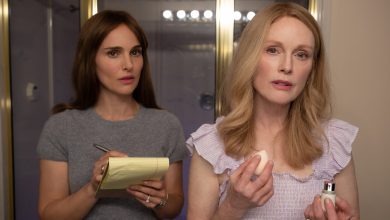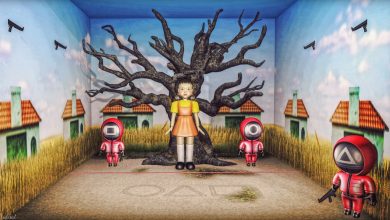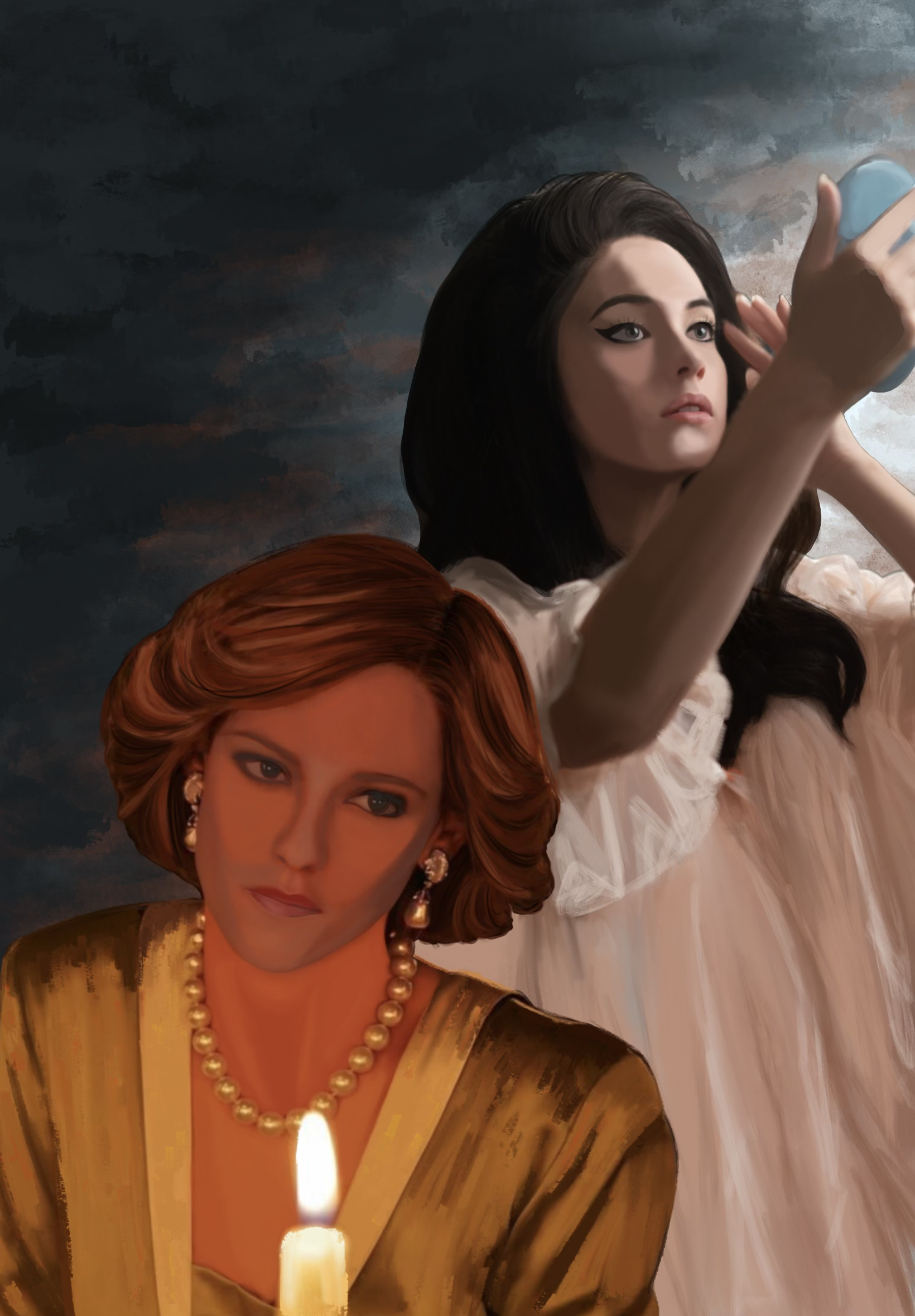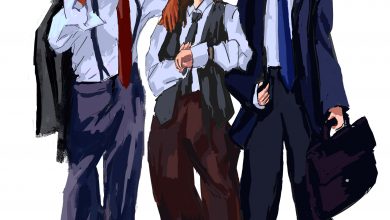Don’t Knock on Mary Sues
“Victoria Giselle Ebony Laura Alexandrine Therese Dejardin always wore her long, black with natural blonde highlights hair in a ponytail. At a first glance, she seemed like a normal teenager. But her perfect, heart-shaped face; pouty red lips; and natural hourglass figure concealed a dark secret. Beneath her naturally flawless skin (she never wore makeup) laid the truth — she was Lucifer’s only child.” -Me, age 11 (Probably)
When I first started writing fictional stories, my writing style looked like the above paragraph. Writing like that again, after six or so years of improvement (I hope), made me cringe — my “Mary Sues” used to make me so proud of my creativity. In the online writing community, especially in fanfiction circles, writing a “Mary Sue” has a reputation for being the worst crime a writer can commit.
While there isn’t an exact definition, most people agree that Mary Sues are obscenely beautiful, talented, and intelligent female characters who are “not like other girls.” They tend to have ridiculously strong magical powers that enable them to save their ever-present (usually male) lover, as well as the rest of the world (who just happen to fall in love with them along the way).
These so-called “Sue fics” have constantly received criticism that tends to revolve around the unrealistic nature of the characters, and the inherent anti-feminism in having a woman’s story and entire life revolve around her relationship with a man.
Perhaps the most infamous Mary Sue is Twilight’s Bella Swan, whose life, many believe, centers around her relationships with Edward Cullen and Jacob Black, without any care to her future except for whether or not Edward will remain a part of her life. She also has the special power to block his mind-reading, and despite describing herself as plain and boring, attracts romantic interest from literally every male in her school.
Another example comes from the Star Wars prequel trilogy. Padmé Amidala is considered extremely beautiful and intelligent, becoming queen of her planet when she was fourteen. Despite her obvious talent as a politician and enormous potential to be a major player in the movies, her main purpose is to serve as a catalyst for Anakin Skywalker’s transformation into Darth Vader and to give birth to Leia and especially Luke, who in the original trilogy, plays an instrumental role in changing Darth Vader back into Anakin Skywalker.
As a feminist and a fledgling writer, I can see and understand these criticisms.
Women’s lives don’t revolve around men; they have all sorts of things going on besides romance — careers, friends, family, and a myriad of hobbies and interests.
From a writer’s perspective, Mary Sues are a sign of bad writing skills. When your characters are so “perfect” that they don’t grow and develop as a character, there seems to be no point in even writing a story. But criticizing “Suethors” for being anti-feminist ignores a much larger problem — the lack of female characters in the media as a whole, especially those with their own storylines.
More often than not, Mary Sues work to empower women: Their female characters have a lot of different skills, are more than just physically strong, and save the world on a regular basis.
They are not usually traditional damsel-in-distress types, like Princess Peach from Super Mario Bros or Buttercup from The Princess Bride; nor are they stereotypical male characters in a woman’s body — they are willing and able to show emotions, like fear. Even more importantly, because they are the main characters in both original stories and fanfiction, they have large speaking parts, unlike in movies, books, and other common forms of media.
A study by USC’s Annenberg School for Communications and Journalism revealed that in 2012’s 100 highest-grossing movies,
“Out of 4,475 speaking characters on screen, only 28.4% are female.”
According to the US Census Bureau, in that same year, women made up more than half of the population in the United States. Clearly, women as a whole lack equal representation in the film industry. And when you consider race, class, and other components of people’s lives, women of color, transwomen, and women who live in poverty are even more underrepresented.
Mary Sues help to redress the lack of representation of all kinds of women in the media by filling websites and books with stories about women.
But most of the time, they are criticized as unnecessary self-insertions. Fanfiction authors and readers alike are terrified of the dreaded Mary Sue, enough that almost any female character is immediately labeled as a such. This even includes pre-existing female characters such as Natasha Romanoff and Katniss Everdeen. While neither bear much resemblance to Twilight’s Bella Swan, at the very least, they all have their own potential story arcs that aren’t about possible love interests, and that seems to scare people.
Real women have their own lives and stories that don’t revolve around men, but pop culture refuses to acknowledge this and instead creates silent women to fill the sidelines.
If women had larger speaking roles in the media, perhaps fans would not make so many Mary Sues.
Maybe writers would realize that women exist for more than to be hypersexualized or to stand in the background, and they’ll start to write more speaking roles for all sorts of women, roles that show how capable women are of being their own people.
But until then, I’ll take a Mary Sue.




